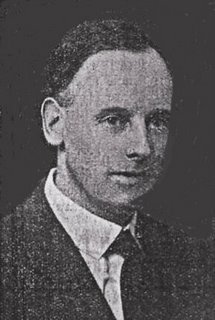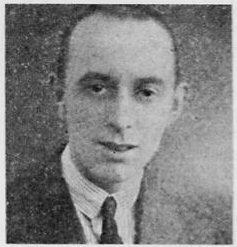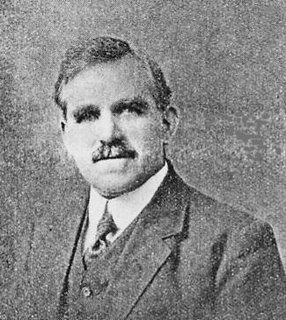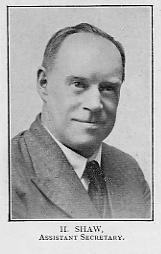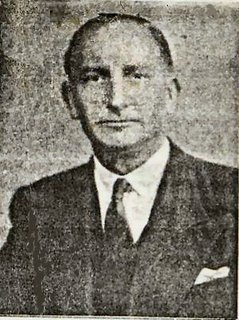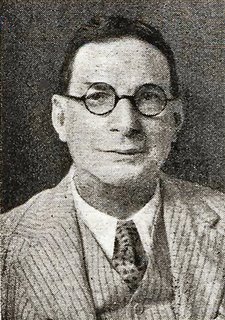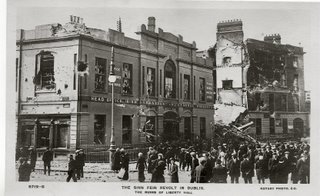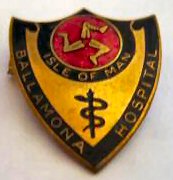Labour and Spain.
NATIONAL CAMPAIGN OF DEMONSTRATIONS 1937
"Freedom, Food and Justice—End Fascist Intervention in Spain," is the slogan of a special Campaign of Mass Demonstrations planned by the Labour Party's Spain Campaign Committee.
The central purposes of the campaign are to demand the withdrawal of foreign troops from Spain and the restoration to the Spanish Government' of its freedom
to buy arms, and to assist in relieving the acute food shortage and the distress which afflicts vast numbers of Spanish refugees.
Demonstrations will be held in Manchester, Newcastle, Bristol, South Wales, Leeds, Birmingham and Edinburgh.
In addition a large number of local meetings will be organised at which national speakers will take part.
The campaign will be conducted on a large scale and with intensive effort, and will conclude with- a great central demonstration in London to be held in the Albert Hall on 19th December 1937. The list of speakers will be Mr. George Dallas (Chairman of the National Executive) in the Chair, Mr. Clem. R. Attlee, M.P., Leader of the Labour Party, Sir Stafford Cripps, M.P., Mr. Herbert Morrison, M.P., Mr. Ernest Bevin, Mrs. Barbara Ayrton Gould, and Miss Ellen Wilkinson, M.P.
Mental Health & Institutional Workers Union Journal September 1937
MH&IWU Conference 1937
Resolution on Spanish Civil War
"That this Annual Conference expresses its abhorrence of the continued participation by organised units of the Fascist and Nazi Forces in the Spanish Civil War on the side of the Spanish Rebels; expresses its horror at the indiscriminate bombing and shelling of open villages and towns, as a consequence of which women and children are being slaughtered in the holocaust of war, and demands that the Government shall bring this matter to the notice of the League of Nations with a view to organised intervention [on behalf of the legitimate Spanish Government."
George Gibson General Secretary :In moving this resolution I do not propose to discuss the merits or demerits of the various forms of Government in Spain, or of the differences existing in regard to the question. What I want to do is to express what I think is the Union's unanimous view and the view of every decent- minded person in this country (the opinions of the other type of person are not of much value), that it is a horrible thing that the organised intervention of Fascist countries in the internal affairs of Spain has resulted in the indiscriminate slaughter of innocent women and children.
War, of necessity, is a terrible thing and must, and always will, involve cruel suffering on the part of tile people, but when the modern weapons of destruction are deliberately used against non-combatants, as they were at Guernica and Almeria, it is time for decent people to express their disgust at this method of trying to terrorise one's opponents ; and, whatever be the merits or demerits of the Spanish conflict, it is an undeniable fact that the Government of Spain was the duly elected Government of the people and that those who took up arms against it are, in tact, rebels, whether they have titles, honours, or military distinctions attached to their names. Now, all of us, I believe, wish to see the Spanish Government victorious.
Some may differ on certain aspects of the conflict, but I ask you, whatever your differences may be on this matter, to support the resolution.
Mr. Scovell, (Whitecroft) : I second the resolution and would point out that the fight which the Spanish Government and people are putting up for the maintenance of democratic rule is as much our battle as theirs.
Mr Bond (Springfield, Tooting, London) : We welcome this resolution. Too long has the Spanish Government been left unprotected. The so-called "non-intervention" has, in practice, allowed the Fascist armies to invade Spain. The rebels have been supplied with bombers, machine-guns and war material of all kinds.
The same sort of thing happened in the trouble between China and Japan and, if it is not checked, this Fascist intervention in other countries' affairs will cause war to sweep across Europe like a prairie fire. I believe the same brand of Fascism could come into England. Fascism is not a foreign thing, it is the same all over the world. It now seeks to overthrow the constitutionally elected Government of Spain ; and I will go so far as to say that, if there were a Labour or Socialist Government in this country, determined to carry out its stated programme, Capitalism would not hesitate to resort to Fascism to oust it. I am pleased to see that the National Council of Labour has at last urged action and, believe me, action is needed. Meetings of protest should be held all over the country, in the halls and in the streets, to force the Government to abandon its present one-sided policy of non-intervention, and to restore to the Spanish Republican Government its legal right to buy arms abroad.
Mr Hallinson(St. Bernard's, Southall) : I ask you to accept as an addendum to the resolution after the word " Intervention" in the last line: " On behalf of the legitimate Spanish Government." —(Agreed). It is time our movement became more active in its support of the Spanish Republican Government. I looked through the June issue of our Journal and never a word was said about the Spanish situation, the outcome of which is of such vital importance to peace-loving people. More should be written in the Union Journal about it to create interest among our members and to enlist their support for our comrades fighting the battle of democracy in Spain.
The Resolution was Carried Unanimously.
Mental Health & Institutional Workers Union August 1937
MHIWU later became COHSE and in 1993 Unison
